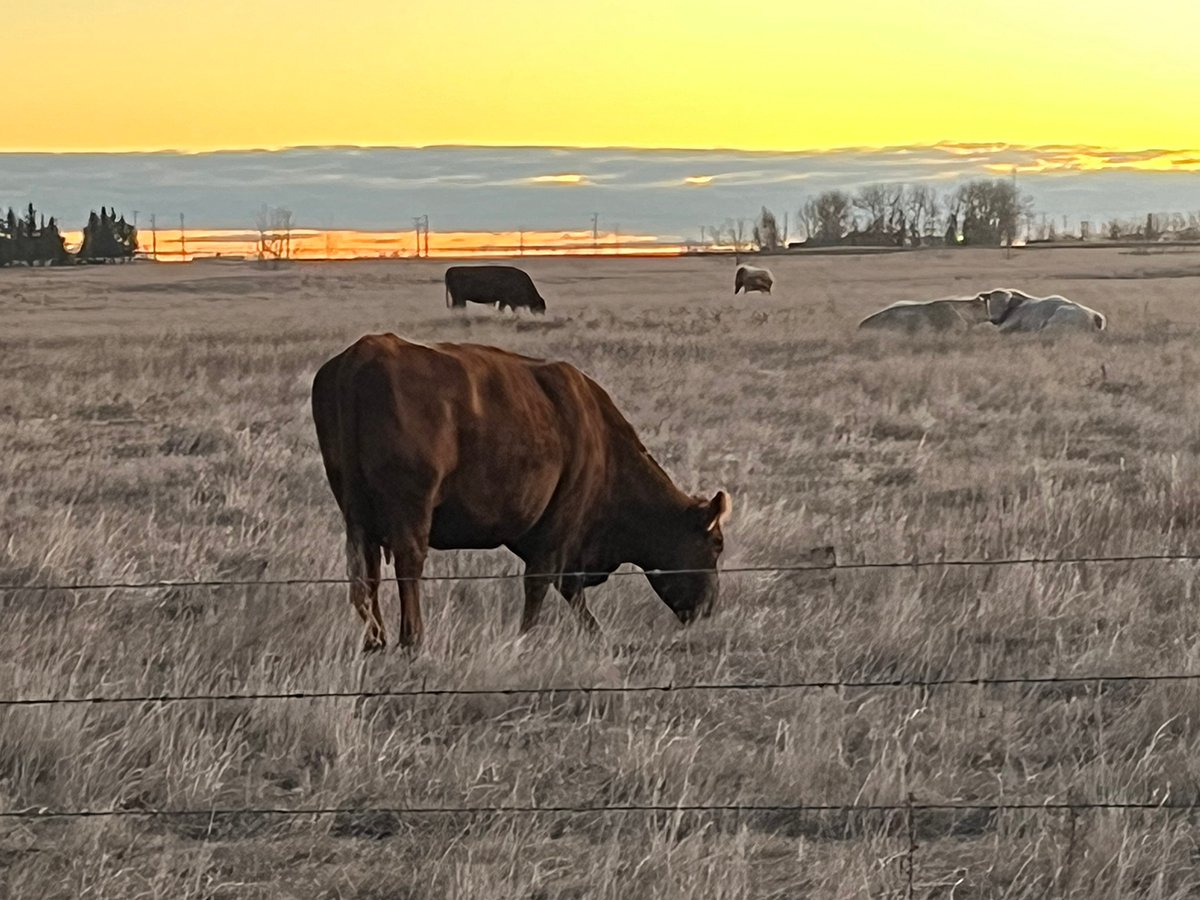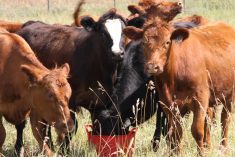REGINA – When John Eliot judged the supreme beef show at the Calgary Stampede wearing a kilt, he turned a few heads.
Three years later, the young Scot turned more heads when he had the high selling Angus bull at the Canadian Western Agribition masterpiece sale.
The bull, born in January 2003, sold for $31,000 for a full possession and two-thirds semen interest to a five way partnership that included the Castle of Mey trust administered by Queen Elizabeth.
The bull moves to Wilson Angus in Saskatchewan and semen will be drawn for the other owners.
Read Also

Animal protection delivery to change in Saskatchewan
The Saskatchewan government is looking for a new agency to handle animal welfare after Animal Protection Services of Saskatchewan decided not to renew its contract next year.
Eliot came to Canada from Scotland three years ago. He planned to stay in Alberta for three months but that visit stretched into three years, giving him a chance to work at Coldstream Ranch near Airdrie.
He eventually moved to Cudlobe Angus owned by the Buldoc family at Stavely, Alta. They gave him an embryo that grew into the top selling Angus bull named Rawburn No Limits 5N.
Eliot returns to Scotland this month to work on the family operation named Rawburn Farm, south of Edinburgh, which raises 200 purebred Angus.
“My dad thinks it’s time I came home,” he said.
The British buyers wanted to infuse some new genetics into their herd, said Jim Stobe, who helps manage the royal trust farm located near Aberdeen, Scotland. This bull carries some different American genetics that Stobe hopes can add size and improve conformation in their herd.
“He has a lovely head,” he said.
Among his colleagues, a well-formed head set on a body with perfect conformation is the type of animal they want to take back to the United Kingdom.
Due to the bovine spongiform encephalopathy epidemic that dates back to the mid-1980s in the U.K., the British have been unable to export cattle. The lack of trade is creating quality problems.
The U.K. also has a beef deficit and must import meat from South America while looking for better bloodlines to build up its own beef herds.
While there has been some worry in Canada over the movement of breeding stock, Agribition participation showed people are still willing to spend good money for high quality genetics.
A two-year-old red bull entered by Chad Levesque of Carnduff, Sask., sold for $15,000 to Swan Creek Angus in Ontario. That same bull went on to become grand champion at the Red Angus show the day following the sale on Nov. 25.
Levesque has been raising Red Angus for nine years, supplying bulls to other purebred breeders as well as local commercial customers. He likes the favourable outcomes when they cross with other beef types.
“It’s a strong breed and the reds have really come on strong in the last five years,” he said.
Sales at Agribition were generally strong even with an embargo on Canadian exports due to a single case of BSE last May. Levesque attributes good purebred prices to progressive breeders looking for better genetics. Commercial sales have also held, which is encouraging for bull producers.
“It’s actually been pretty decent with the calf market as strong as it was last year,” he said.
The Angus females sold well too.
A daughter of the 2000 Agribition supreme champion female opened the Angus auction and sold to Marlene Douglas of Aldergrove, B.C., for $16,000. It was entered by Rob and Gail Hamilton of Cochrane, Alta.
The Angus sale totalled $360,300 for 90 lots, to average $4,003.
Earlier, a Black Angus female entered by Remitall Cattle Co. of Olds, Alta., won the First Lady Classic, a mixed breed female show.
Brylor Ranch and partners Grant and Lauralee Rolston of Pincher Creek, Alta., won the Red Angus division of the female show.















